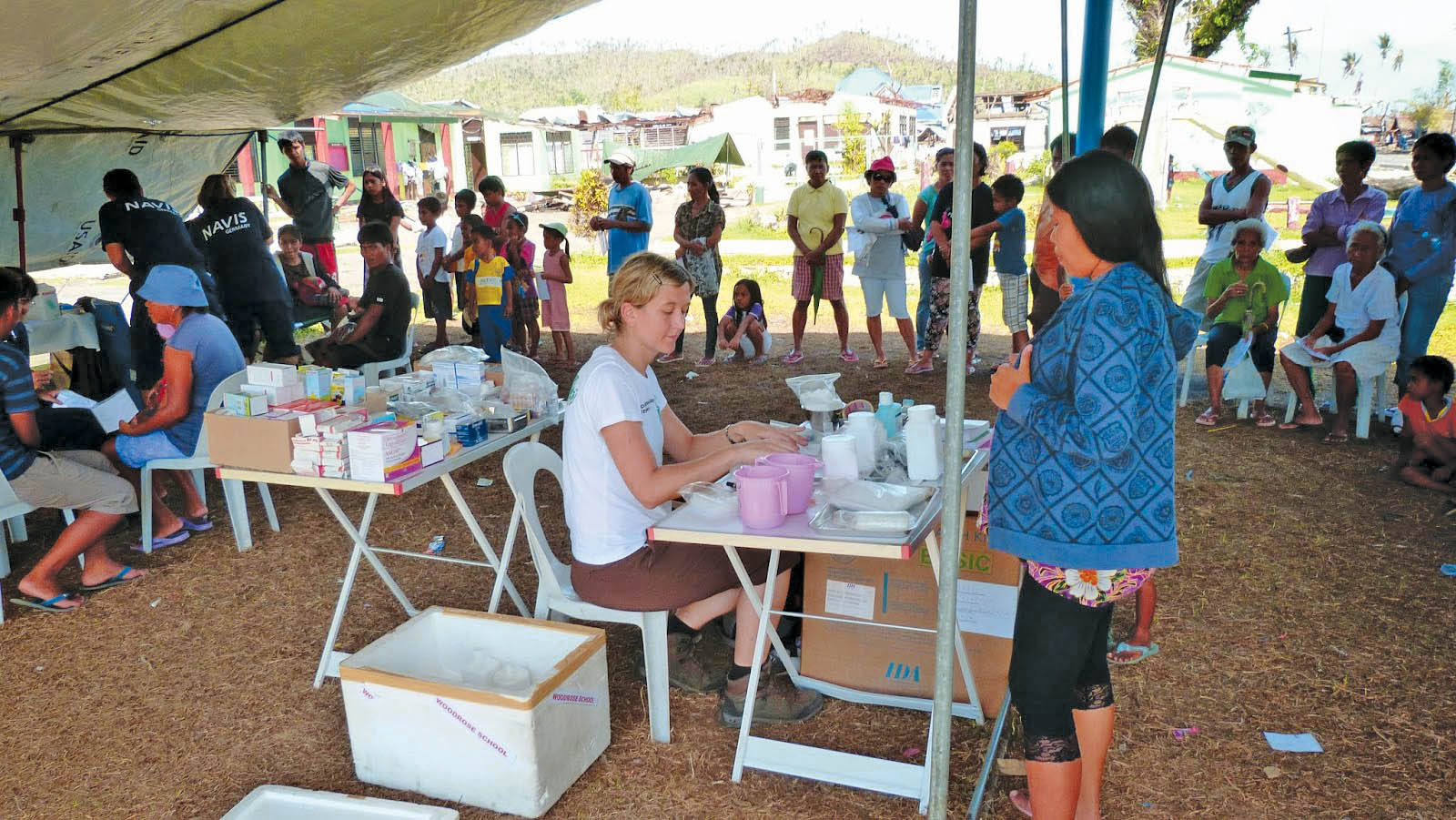Emergency Response
When emergencies occur, re-establishing health services is a critical priority. To assist our customers in emergency or disaster situations, IDA has a 24-hour hotline that can be reached by calling +31-6 54387985.
IEHK 2024
In addition to our standard range of essential medicines, IDA supplies the Interagency Emergency Health Kit (IEHK 2024). This kit and other in-stock products can normally be available for shipment within 48 hours. The IEHK content is determined by the World Health Organisation (WHO). Many relief organisations and national authorities see the IEHK as a reliable, standardised, and affordable source of the products most needed in disaster situations, or when there is a disruption of medical services. It is intended to fill the gap in access to essential health products until normal supply and service mechanisms are restored. The contents of one IEHK treat approximately 10.000 people for a three-month period.
Please read our item on emergency response for Afghanistan as an example of how IDA’s emergency supplies support our health partners providing healthcare on the ground.
OTHER EMERGENCY RESPONSE KITS
IDA can also provide product kits for specific emergency health situations such as cholera outbreaks or for severe acute malnutrition. For our full kit portfolio and services please click here.
CHOLERA
We supply three different cholera kits designed to treat patients within a health facility or at the community level. The kits contain IV fluids, oral rehydration salts, and a large assortment of medicines and consumable products. Cholera beds are also available, either as part of a kit or separately. The cholera kits are designed to help prepare for an outbreak and to support the first month of the response.
SEVERE ACUTE MALNUTRITION
Severe acute malnutrition is characterised by a very low weight compared to height, visible wasting, and/or nutritional oedema. The PED/SAM 2020 kit we supply includes medicines, renewables (single use) and equipment to treat paediatric diseases, next to the treatment of severe acute malnutrition. This prepacked kit is designed for use where there is disruption of medical supplies in emergency settings to fill the gap until the medical supply mechanisms are restored.

